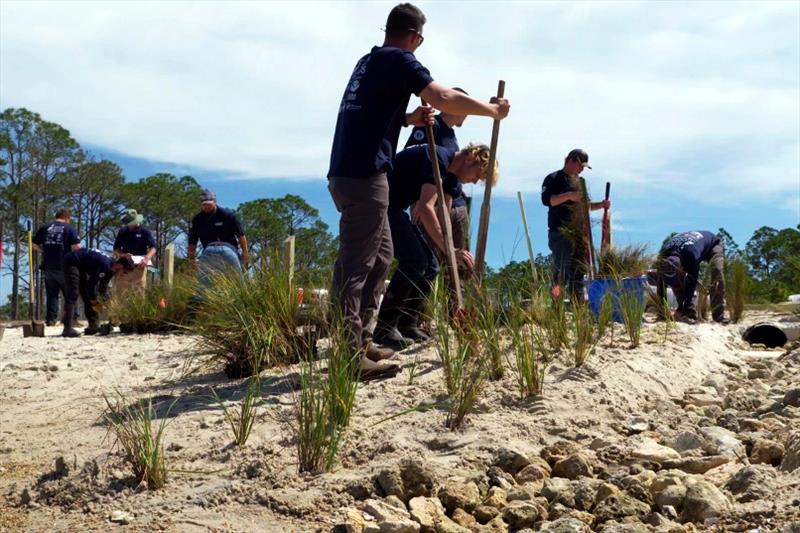
Restoring the Gulf: 10 years after Deepwater Horizon
by NOAA Fisheries 28 Apr 2020 18:55 UTC

See how we're working with partners and Gulf communities to restore its fisheries and habitats © NOAA Fisheries
The impacts from the Deepwater Horizon oil spill affected the entire Gulf ecosystem. Oil sank down to the ocean floor, mixed into the water column, seeped into marshes, and soiled beaches. Animals swam through it, inhaled it, and even ingested the oil.
The Deepwater Horizon oil spill also impacted our Gulf communities, which are so closely tied and linked to the natural resources of the Gulf. From folks that earn their living through fishing, recreation, to tourism and beach-goers—all were impacted by the spill.
Watch this video to see how we're working with partners and Gulf communities to restore its fisheries and habitats.